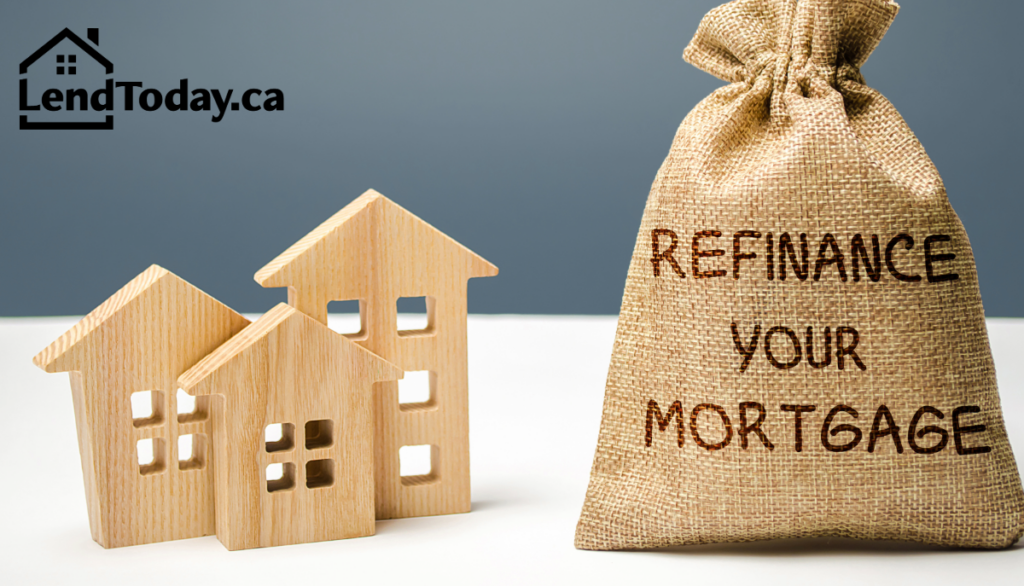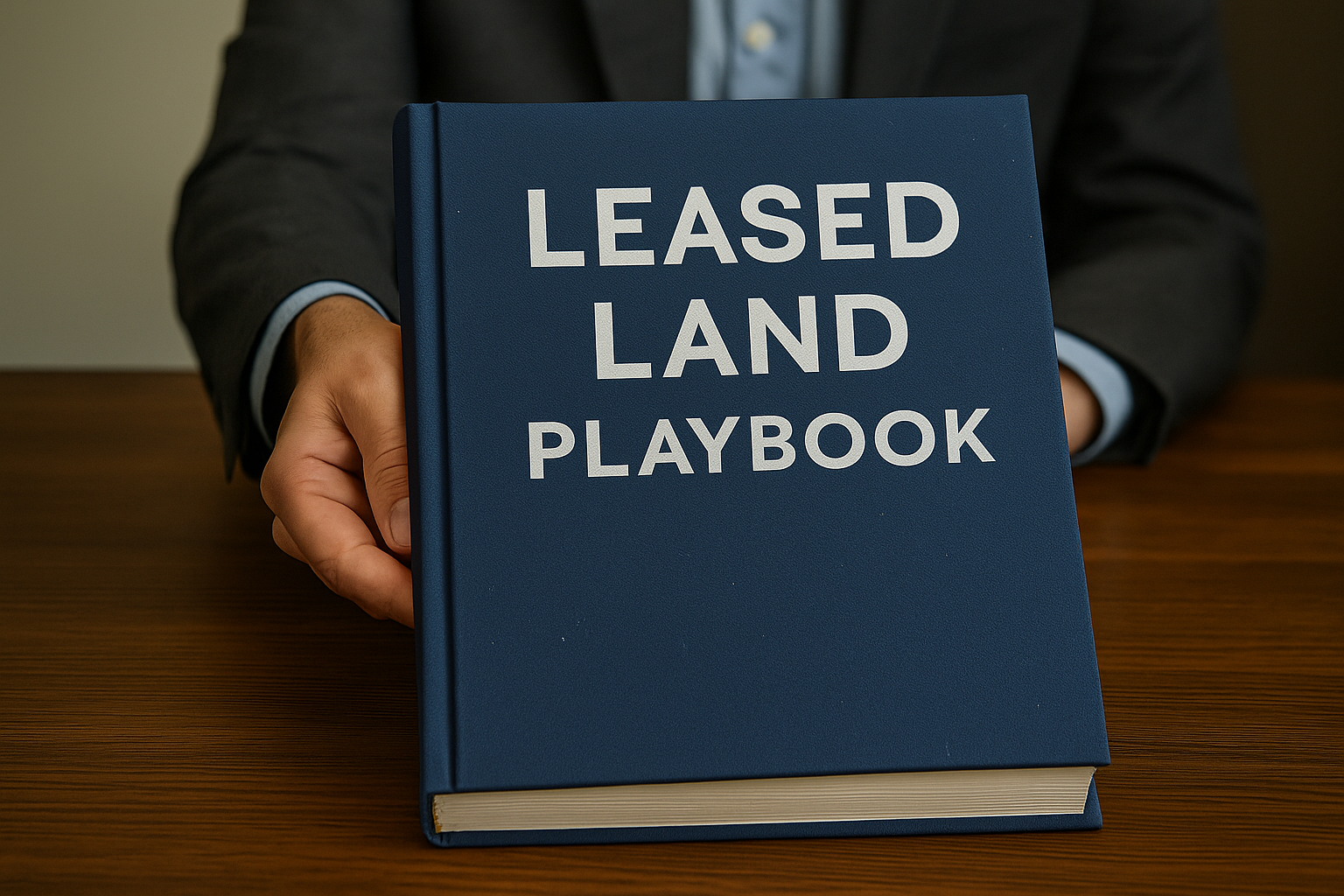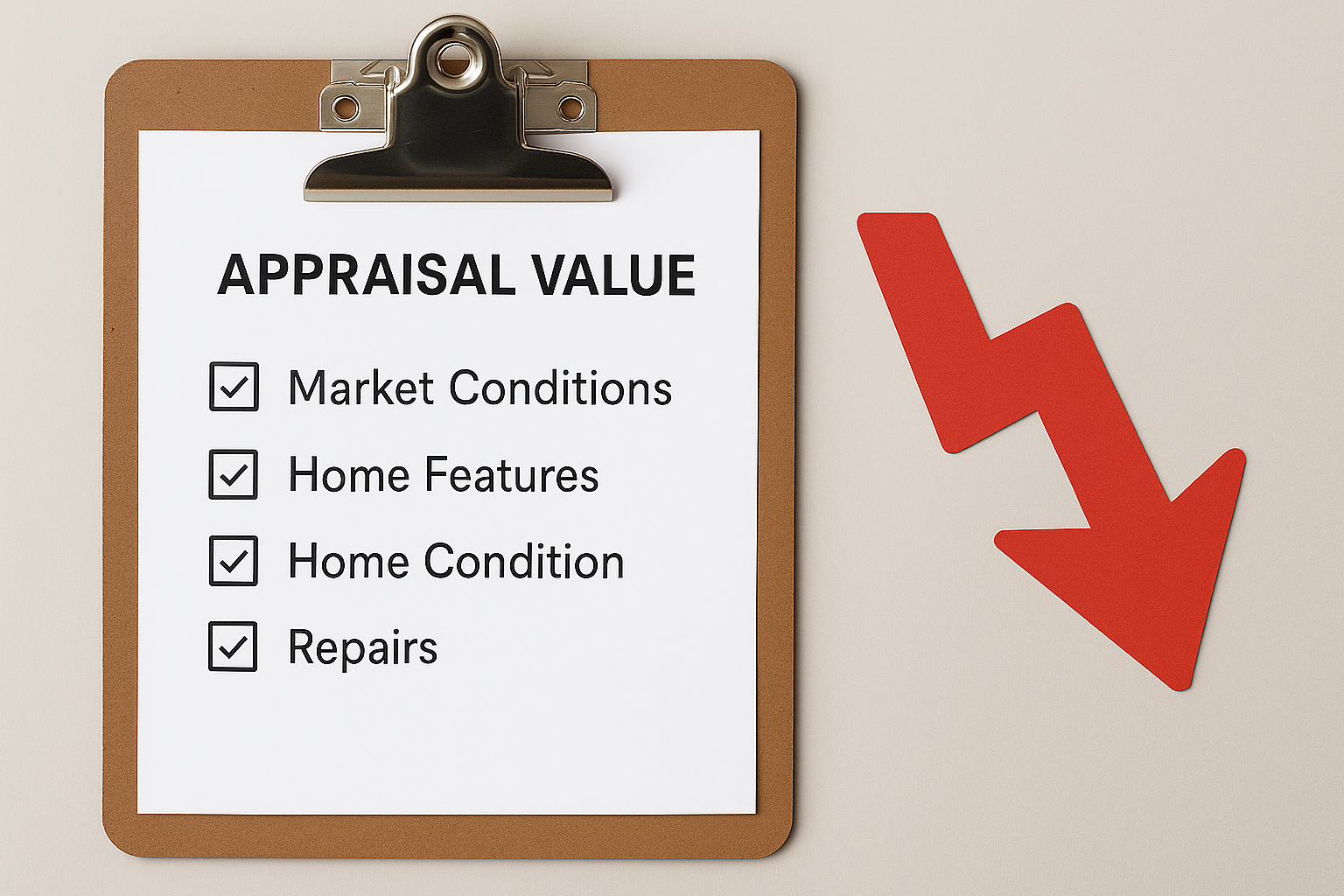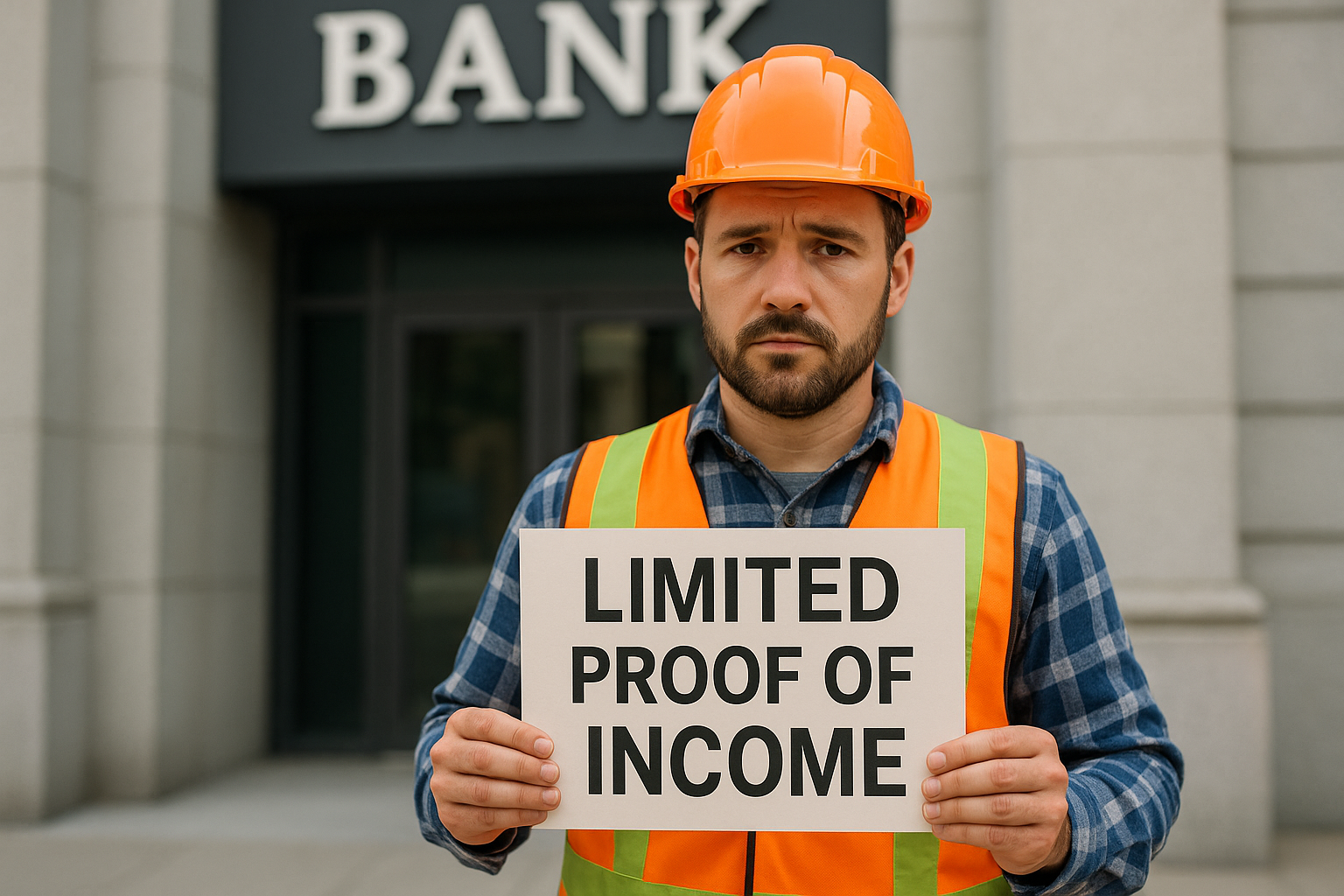Table of Contents
ToggleUnderstanding Mortgage Renewal and Refinancing
During the mortgage journey mortgage renewal and refinancing are two terms that many Canadian homeowners will encounter. While both relate to how you manage your mortgage, they serve different purposes and are relevant at different points in your mortgage lifecycle.
Mortgage renewal occurs when your current mortgage term comes to an end, typically after 5 years. You have the opportunity to renew with your existing lender or consider a different one. Refinancing, on the other hand, involves breaking your current mortgage contract before the term ends, often to take advantage of lower rates or to access equity.
Understanding the difference between these two options is crucial for Canadian homeowners, as it can affect your monthly payments, interest rates, and the flexibility of your mortgage. Around 80% of Canadian homeowners renew their mortgages every five years. This article will help you determine which option is best for your financial situation.
Mortgage Renewal: What You Need to Know
What is Mortgage Renewal?
Mortgage renewal is a process that occurs when the term of your mortgage ends, typically after 3 to 5 years. At this point, your lender will offer you the opportunity to renew your mortgage for a new term. If you choose not to renew, you must repay the entire balance of the mortgage, which is not feasible for most homeowners.
Most Canadians simply renew their mortgage with their current lender without shopping around. This could be a missed opportunity for getting better terms. Around 60% of mortgage renewals in Canada happen without negotiation, potentially costing homeowners in terms of higher interest rates or missed savings.
When and Why to Renew?
The renewal process starts when you receive a renewal notice from your lender, typically 3-6 months before the end of your current term. This is the best time to evaluate your mortgage needs, compare different offers, and negotiate for a lower interest rate.
Consider the case of a homeowner who renewed their mortgage and secured a lower interest rate by shopping around. By doing this, they were able to reduce their monthly payments to a much lower payment than the current one. Renewing your mortgage at the right rate and terms is essential to ensure you’re getting the best value for your needs.
Common Challenges During Renewal
While renewing your mortgage seems straightforward, challenges can arise, particularly if your financial situation has changed. For instance, if you have bad credit or if your employment situation has become unstable, renewing your mortgage might be more challenging.
Nearly 20% of Canadian homeowners face difficulties in securing favourable renewal terms due to changes in credit scores or increased debt. In these cases, it’s essential to start early, work with a mortgage broker, and explore all available options and solutions.

Mortgage Refinancing: Exploring Your Options
What is Mortgage Refinancing?
Mortgage refinancing involves breaking your current mortgage and replacing it with a new one. Homeowners refinance for many reasons, such as obtaining a lower interest rate, consolidating debts, or accessing the equity in their home to pay for renovations or other major expenses.
For example, nearly 30% of Canadian homeowners refinance their mortgage to take advantage of lower interest rates. Refinancing can lead to significant savings over the life of the mortgage, especially if the current rates are lower than when the original mortgage was taken out.
Types of Refinancing Options
There are different types of refinancing options available to homeowners, such as:
- Rate-Term Refinancing: This involves changing the interest rate or term of the mortgage without taking out additional funds.
- Cash-Out Refinancing: This allows homeowners to access the equity in their home by borrowing more than the outstanding balance on their existing mortgage.
Costs Associated with Refinancing
Refinancing can be costly, with fees such as break penalties, appraisal costs, and legal fees to consider. In Canada, these costs can range from $1,000 to $3,000, depending on your lender and other factors.
For instance, if a homeowner needs to access $50,000 in equity for renovations, they might need to weigh the cost of refinancing against the potential benefits of increased property value and quality of life.
Key Differences Between Mortgage Renewal and Refinancing
Comparing Renewal vs Refinancing
The main differences between mortgage renewal and refinancing come down to timing, costs, and changes in mortgage terms. Mortgage renewal happens at the end of a term, with little to no fees involved, whereas refinancing can happen at any time, but often comes with significant costs.
Below is a side-by-side comparison of key differences:
| Feature | Mortgage Renewal | Mortgage Refinancing |
|---|---|---|
| Timing | At end of mortgage term | Any time during the mortgage term |
| Costs | Typically no fees | Break fees, appraisal, legal |
| Purpose | Continue current mortgage | Lower rate, access equity |
Around 25% of Canadian homeowners use refinancing to consolidate debt and improve cash flow, while others choose to renew to avoid penalties and simplify the process.
When Should You Consider Refinancing Instead of Renewing?
Refinancing is often a better option when you need to consolidate high-interest debt, access home equity for renovations, or if the current rates are significantly lower than your existing rate.
For example, a homeowner who wants to consolidate $30,000 in credit card debt may find refinancing to be a smart move to reduce overall interest costs. This is especially beneficial if the new mortgage interest rate is much lower than the rates on their existing debts.
Advantages and Disadvantages
Pros and Cons of Mortgage Renewal
Pros:
- Minimal paperwork and no penalty fees.
- Easier process with fewer steps compared to refinancing.
Cons:
- Limited negotiation opportunities if renewing with the same lender.
- Could miss out on better rates available from other lenders.
For instance, a homeowner who chooses to renew with their existing lender avoids penalty fees but misses out on a lower rate offered by a different lender.
Pros and Cons of Refinancing
Pros:
- Potentially lower interest rates and monthly payments.
- Access to home equity for major expenses, such as renovations.
- Ability to consolidate high-interest debt into a lower-interest mortgage.
Cons:
- Penalty fees for breaking the current mortgage term.
- More time-consuming and involves higher costs.
Consider a homeowner who refinanced to access $50,000 in home equity for renovations. While they incurred some upfront fees, they were able to increase their property value and enjoy a renovated living space.
How to Make the Right Choice for Your Situation
Factors to Consider
When deciding between renewal and refinancing, consider factors such as interest rates, the amount of equity in your home, your financial goals, and any high-interest debt you may have.
If you’re looking to reduce high-interest debt, refinancing might be the right option. On the other hand, if you simply want to keep your mortgage terms stable and avoid penalties, renewal could be the better choice.
Speak to a Professional
Consulting with a mortgage broker or advisor can help you determine the right choice for your situation. Over 40% of Canadian homeowners seek the guidance of a professional to help them decide between renewal and refinancing.
Tips for a Successful Renewal or Refinancing Process
Tips for Mortgage Renewal
- Shop Around: Don’t just accept your lender’s first offer—compare rates from different lenders.
- Negotiate: Use your good payment history to negotiate a better interest rate.
- Review Your Finances: Make sure your mortgage aligns with your current financial situation and goals.
Homeowners who negotiate their renewal rate can save up to 0.5% on interest rates, which can lead to significant savings over time.
Tips for Refinancing
- Calculate All Costs: Make sure the savings from a lower rate outweigh the costs of refinancing.
- Compare Lenders: Different lenders may offer different rates and terms for refinancing.
- Consider Timing: Refinancing at the right time can help you maximize savings.
For example, a homeowner who compared lenders before refinancing saved significantly on refinancing fees and obtained a lower interest rate.
Fiction Scenario
Imagine a Canadian homeowner with $30,000 in high-interest credit card debt. They decide to refinance their mortgage to access equity and pay off the debt. By doing so, they reduce their overall monthly payments and benefit from a much lower interest rate. This decision ultimately improves their cash flow and reduces financial stress.
FAQ Section
How often can you renew a mortgage?
You can renew your mortgage as often as needed, typically Canadian homeowners renew every 3-5 years until it is paid off.
What fees are involved in refinancing?
Refinancing involves break fees, appraisal fees, and legal fees, which can range from $1,000 to $3,000.
Can you switch lenders during mortgage renewal?
Yes, you can switch lenders during renewal, and it may help you secure a better rate.
Should I refinance to consolidate debt?
If you have high-interest debt, refinancing can be a smart move to reduce your interest payments and improve monthly cash flow.
What happens if I don’t renew my mortgage?
If you don’t renew, you’ll need to pay the remaining balance in full, which is usually not feasible. Additionally, most lenders have an automatic renewal feature. Always ensure you have a plan in place before your term ends.
Is refinancing possible with bad credit?
Yes, but it may come with higher interest rates. Consulting with a broker can help you find the best available options.
When should I consider refinancing over renewing?
Consider refinancing if you need to access home equity, consolidate debts, or if current rates are much lower than your existing rate.
Final Thoughts: Choosing the Best Path Forward
Understanding the difference between mortgage renewal and refinancing is crucial for Canadian homeowners who want to make the best financial decision. Whether you’re interested in keeping your mortgage simple with renewal or making a major change through refinancing, knowing your options can help you achieve your financial goals.
Consult with a mortgage professional to ensure you make the right decision based on your unique circumstances and financial objectives.
Apply For Mortgage Renewal & Refinance Assistance
- Low Appraisals: Steps Canadian Homeowners Can Take - June 27, 2025
- What Loan Does Not Require Proof of Income in Canada in 2025 - June 23, 2025
- How to Avoid Losing Your Home: 6 Early Warning Signs and What to Do About Them - June 20, 2025






